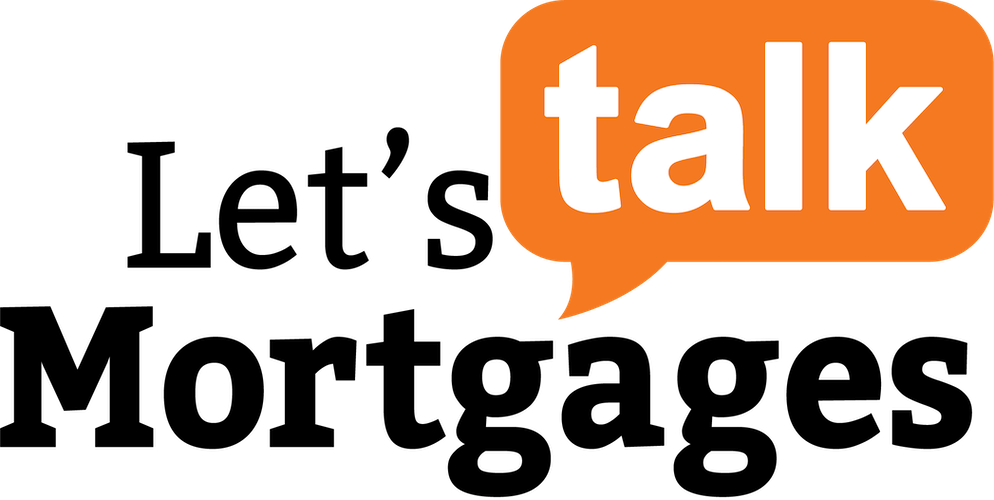Types of Mortgage Programs
What would work best for your needs?
Mortgage
Want to purchase a property but don’t have all the money upfront? Mortgages are a specific type of loan used for real estate and account for more than two-thirds of how all homes in the U.S. are bought. Mortgages come in a variety of forms including conventional mortgages, adjustable-rate mortgages, fixed-rate mortgages, government-insured mortgages (such as FHA and VA), and jumbo mortgages. Each carries its strengths and limitations.
Finding the right mortgage program for you will depend on several factors such as how you intend to use the property and, if you plan on living there, how long you intend on doing so; or whether you’re willing to pay a little more upfront to potentially save over the entire life of the loan. These are just a few of the many (many) decisions our team will help you navigate.
Refinance
Refinancing your mortgage can be a great way to reduce your monthly expenses and save more money in the long run. Refinancing can involve reducing your interest rate or the length of the loan—either of which can reduce the length of time until your house is paid off and officially yours. It can also involve consolidating mortgages, such as first and second mortgages, to secure a more desirable arrangement and smaller expense.
Choosing the optimal time to refinance—or deciding whether you should at all—is a delicate balance of timing and planning. Though interest rates play a big part in determining whether refinancing is a good idea, they’re not the only factor that matters. Homeowners contemplating refinancing their home must also take into consideration their long-term financial goals, credit score, and the amount of equity they have in their home.
Cash-Out
Cash-out mortgages are a type of refinancing that allows you to take advantage of the equity in your house for quick, extra cash. Unlike a HELOC loan (home equity line of credit), cash-out mortgages do not result in a second mortgage.
Here’s how they work: Your existing mortgage is first paid off which the homeowner receives as a lump sum of cash that they are free to use any way they want. Once the initial first mortgage and its related fees have been paid off (closing closes, taxes, homeowner’s insurance), a brand new mortgage loan is then created. The new loan can have a different interest rate, different loan lengths, and a different format.
Debt Consolidation
Debt consolidation involves combining multiple loans and making a single payment that, ideally, carries a lower interest rate than those original loan terms. This can make your monthly costs much more affordable while also allowing you to pay less in the long run. A debt consolidation mortgage is when a loan is taken out against the equity of the property and then that money is used to pay off other existing debts, such as student loans, auto loans, credit card debt, or perhaps even medical bills.
Since mortgage rates tend to be far lower than unsecured loans (loans given without any collateral), homeowners who have home equity in their homes can save significantly by paying off high-interest loans. The amount eligible for a debt consolidation mortgage is dependent both on the amount of value in the home as well as the type of refinancing loan, which can determine whether a homeowner can borrow 80, 85, or 100% of the equity.
Less-Than-Perfect Credit
The first thing potential lenders will look at is your credit score. Regardless of how much of a down payment you’re willing to make, your credit score can make or break your ability to obtain financing. Qualifying for the most common type of mortgage, a conventional mortgage, requires a minimum credit score of 620. Even if you manage to get approved for a mortgage with bad credit, you’re likely to have a much higher (and thus, more costly) insurance rate.
Having bad or no credit doesn’t have to mean an automatic denial by mortgage lenders or loan terms with high interest rates and fees.
Don’t let your less-than-perfect credit stop you from qualifying for the home financing you deserve.
Equity Loans
Your home is an asset that you can tap into. Based on the value of your property’s appraised value minus the remaining mortgage balance, homeowners can borrow large sums of money for anything from home improvements to paying off debt. The lower interest rates can make equity loans more affordable than a standard loan, and the payout of a single lump sum makes them extremely convenient to use for other things.
Home equity loans go by several names including home equity installment or second mortgage. Although similar to HELOCs, equity loans differ in that these are typically fixed-rate, rather than variable, which makes repayment much easier to plan for.
Bridge Loans
Cold hard cash has always been king, and always will be. A bridge loan is ideal for extremely time-sensitive financing needs or for those who have been unable to secure other types of traditional loans. These loans are secured through private individuals or companies and can skip the many hoops that traditional lenders require. As such, hard money loans offer expedited funds and can provide a turnaround time of a few days, rather than weeks.
Part of the reason why bridge loans can happen so quickly is that lenders are not bound by the same criteria that traditional lenders are. Credit scores and debt-to-income ratios are no longer automatically disqualifying factors and lenders can choose their own criteria to determine eligibility. This also means that they are free to charge interest above market rates, determine their own borrowing terms (often shorter than traditional loans), and can require large down deposits.
Get Started Today!
Purchase
Looking to buy a home? Get prequalified for a home loan in just a few days!
Refinance
Refinance your home and get a better interest rate and/or lower monthly payments.
